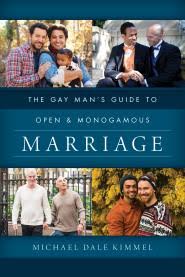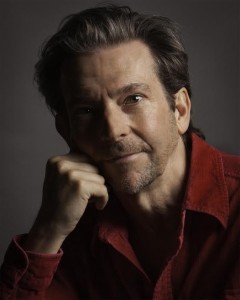 SAN DIEGO, Calif. – Psychotherapist and author, Michael Dale Kimmel, Friday announced the release of The Gay Man’s Guide to Open and Monogamous Marriage (ISBN 9781442268012), a nonfiction handbook for gay couples that provides an easy-to-follow, practical framework for helping create, adjust, and structure their marriages.
SAN DIEGO, Calif. – Psychotherapist and author, Michael Dale Kimmel, Friday announced the release of The Gay Man’s Guide to Open and Monogamous Marriage (ISBN 9781442268012), a nonfiction handbook for gay couples that provides an easy-to-follow, practical framework for helping create, adjust, and structure their marriages.
Legal gay marriage is still a relatively new phenomenon, and gay men who are now able to marry often find themselves having to come to terms with the roles they play in the marriage, how to handle differences that come up, and how to address sexual issues between them. Regarding roles and sexual drives, Kimmel explains that two married men often have a stronger desire for sex – wanting more of it and with a wider variety of partners – than married opposite-sex couples. How do these differences work within the structure of a monogamous marriage? Is an open relationship a better structure for gay marriage?
Assuming that gay marriages will emulate heterosexual marriages is neither a valid nor a helpful assumption, according to Kimmel. And there are currently no “rule books” for how a marriage between two men could or should work. While there are lots of books about how to plan a gay wedding, there are virtually none that address what to do after the honeymoon is over (literally and figuratively).

The Gay Man’s Guide fills that void. It offers married gay couples (and gay men considering marriage) easy-to-follow, practical advice that they can use to define and fine-tune their marriages. Using helpful examples and first-hand quotes throughout, Kimmel offers a roadmap for gay men who want to be married but have questions and concerns about monogamy and monotony.
“I wanted to create a handbook for gay couples that find themselves struggling with the evolution in their relationships from being lovers and partners to becoming a married couple,” said Kimmel. “The Gay Man’s Guide helps gay couples define their unique roles within the marriage and outlines how they can accommodate each other’s needs and desires without sacrificing their sense of who they are as individuals.”











